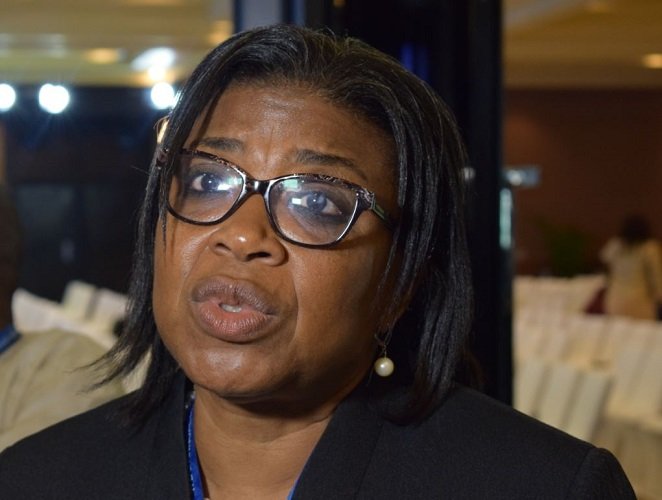The Debt Management Office (DMO) has defended Nigeria’s borrowing spree in spite of the warnings from international bodies, and economic experts.
As Nigeria’s debt portfolio is set to reach N45 trillion, the debt office had disclosed its plan to secure an additional N6.39 trillion to finance the 2022 budget deficit.
“This development attracted uproar from critics and concerned members of the public, who chastised the President Muhammadu Buhari-led government for its borrowings.
However, in an interview cited by BizWatch Nigeria, Patience Oniha, the Director-General (DG) of DMO, stated that Nigeria isn’t the only country borrowing at the moment.
According to the DMO chief, government borrowings were done by all countries, mostly to finance infrastructure, adding that Nigeria’s annual budgets would be affected if funds were not raised to support them.
“The issue of debt has become topical in Nigeria that sometimes it almost looks as if borrowing is an offence or a crime,” Oniha said.
“The first thing we must understand is that countries across the world borrow, be it poor countries, advanced countries, developed countries, emerging markets. They all borrow.
“We usually hear complaints that debt levels are rising in Nigeria. Globally, debt levels are rising, not just in Nigeria.”
The DMO boss added that the advent of COVID-19 had also made borrowing imperative for some countries.
“What has happened with COVID-19 is that countries needed to spend more, not only on health needs but on social needs as well, because we need to take care of people who are losing their jobs,” Oniha said.
“We need to create incentives for the private sector to continue operating to avoid a big recession because most countries experienced a recession.
“We did as well, but we came out of it after two quarters. Government spending is one of the tools you can use properly to exit a recession.
“In Nigeria, we borrow to finance budget deficits, sometimes we borrow to finance specific projects and services like railways and airports. Financing infrastructure is an economy itself. It creates jobs across all sectors.
“We also borrow to finance maturing loan obligations like the Federal Government of Nigeria (FGN) bonds and Nigeria treasury bills,” she further stated.














